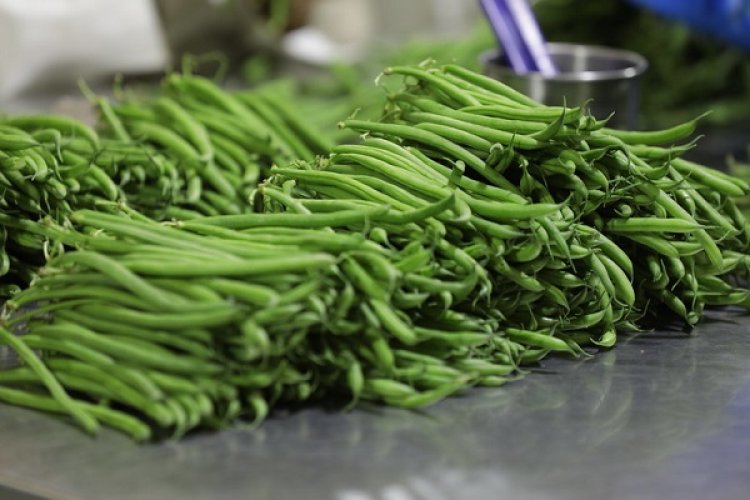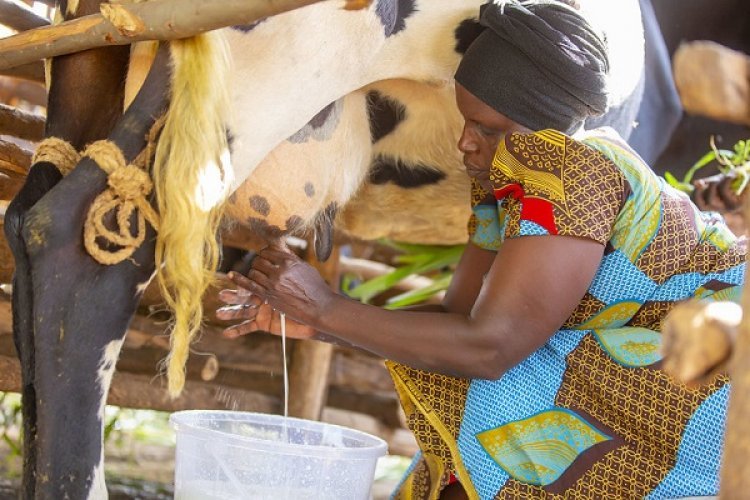Consumers in Rwanda are paying more for vegetables, bread, cereals, meat and dairy products after their costs rose again last month, driving inflation to record high at 20.4 per cent.
The latest Consumer Price Index (CPI), the gauge of changes in the cost of living, released on September 10 by the National Institute of Statistics (NISR) indicates that there has been a general rise in food inflation by 29.2 per cent on annual basis in August.
This hurts consumers in the poor and low-income category the most as they are forced to purchase less or to do without some essential food items.
In fact, cost of vegetables rose by 35.5 per cent, followed by bread and cereals whose prices rose by 27.9 per cent.
The August inflation report further indicates that cost of meat rose by 19.4 per cent, dairy products and eggs by 12.6 per cent while transport cost rose by 12.6 per cent on annual basis.
Also read: Households squeezed as food prices jump to new high in Rwanda
Most items under the ‘Food and non-alcoholic beverages’ category, which account for 27 per cent share of the basket of items used to gauge the cost of living, had risen by 28.6 per cent on annual change in July from 25.1 per cent in June.
As inflation rises, hospitality establishments like restaurants are equally charging more for their services, making it even more expensive to dine out for low income earners.
There has been 18.5 per cent jump in costs of hotels and restaurant services as at August, according to the CPI. Costs of both alcoholics and non-alcoholic beverages also rose by between 10-15 per cent.
For the third consecutive time, inflation rose in rural areas the most by 23.6 per cent on annual basis compared with 15.9 per cent in urban areas.
Read: Food costs rise as drought, botched irrigation schemes induce supply deficits
The overall August inflation is one of the highest Rwanda recorded in recent years.
The country has been battling prevailing supply chain disruption and global oil price fluctuations induced by both the pandemic and the Russia-Ukraine crisis.
As a result, producers and manufacturers who have been incurring high inputs and operational costs hiked prices of goods they send to the markets.
Besides, a section of cash-strapped producers is understood to have either shelved expansion plans or scaled down existing investments, dampening prospects of inflation easing down in the foreseeable future.









